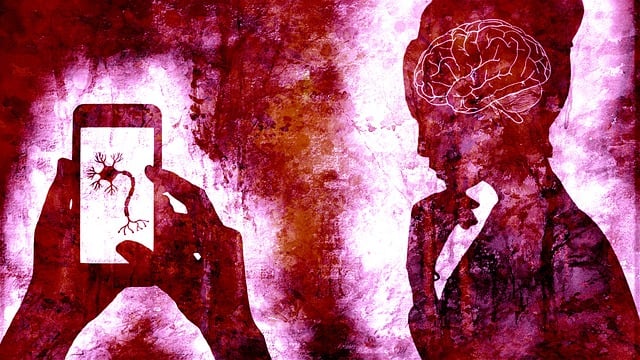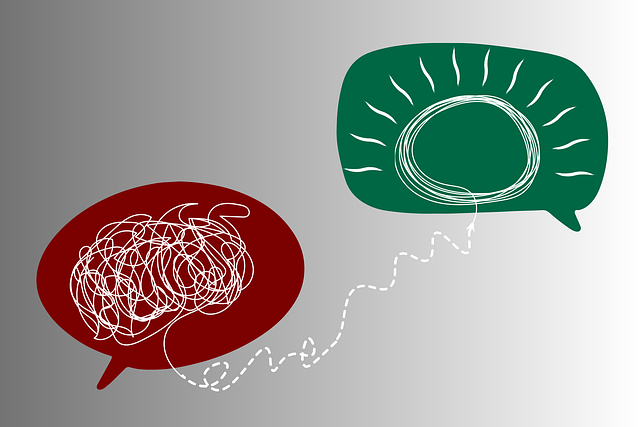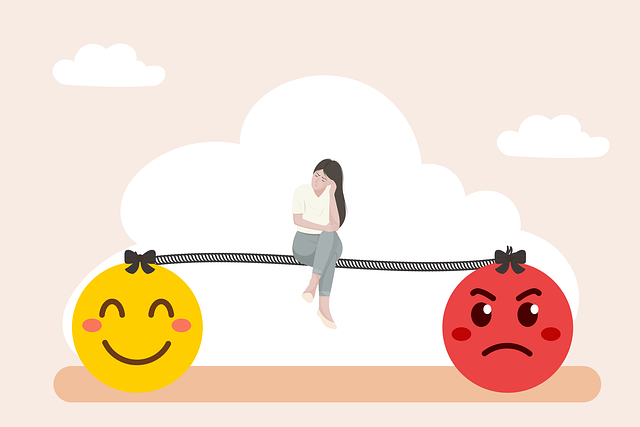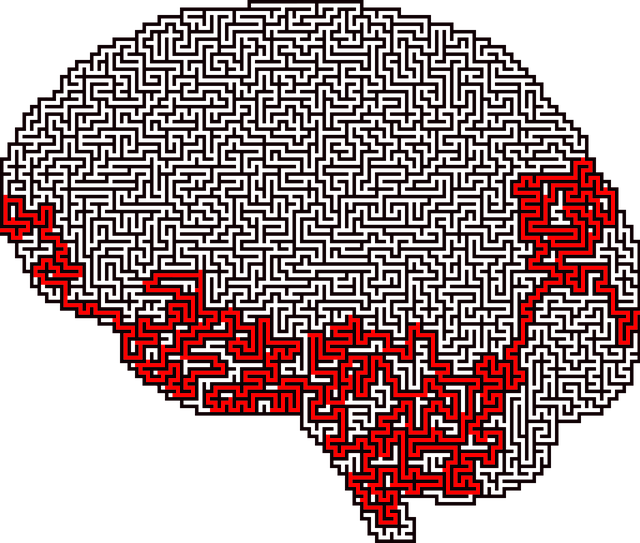Mental wellness in young children is enhanced through early therapy interventions like anger management workshops and mindfulness sessions, which foster emotional resilience and academic success. Recognizing childhood anger issues early, with cultural competency training, is key to preventing long-term mental health challenges. Self-care routines focused on anger management, coupled with cognitive-behavioral therapy and parental involvement, equip children with healthy coping strategies. Incorporating therapeutic practices into daily routines promotes mood stability and empowers young individuals to express emotions constructively from an early age.
Mental wellness self-care routines are crucial for young children’s overall development. This article explores strategies to enhance their emotional well-being, focusing on anger management as a common challenge in childhood. We delve into identifying triggers and providing effective solutions through therapeutic practices tailored to daily routines. By understanding the importance of mental health early on, parents and caregivers can empower kids with essential coping mechanisms, ensuring better anger management and fostering a healthier future. Discover practical tips for incorporating therapy into everyday life to support young minds.
- Understanding Mental Wellness and Its Importance for Young Children
- Identifying Anger as a Common Emotional Challenge in Childhood
- Strategies for Developing a Self-Care Routine for Anger Management
- Incorporating Therapeutic Practices into Daily Routines for Optimal Mental Health
Understanding Mental Wellness and Its Importance for Young Children

Mental wellness is a cornerstone of overall health, especially for young children whose brains are still developing. Understanding and prioritizing mental wellness in this demographic is crucial as it lays the foundation for their emotional intelligence, social skills, and ability to cope with life’s challenges. Youngsters experiencing difficulties in this area might exhibit behaviors like heightened irritability, frequent meltdowns, or even aggression, which can be signs of underlying issues requiring attention.
Early intervention through therapy, such as anger management workshops tailored for kids, mindfulness meditation sessions, and resilience-building activities, can significantly benefit their mental health journey. These strategies not only teach children healthy ways to express and manage their emotions but also empower them with tools to navigate stress and build resilience—essential skills for personal growth and academic success.
Identifying Anger as a Common Emotional Challenge in Childhood

Many individuals struggle with managing anger that traces back to their childhood experiences. Anger is a common emotional challenge faced by young children due to various factors, such as stress, trauma, or difficulties in communication. When left unaddressed, this can lead to long-lasting impacts on mental wellness and may even contribute to anxiety relief challenges later in life.
Early intervention through therapy for young children with anger management issues is crucial. Healthcare providers play a vital role in identifying these problems early and offering appropriate solutions. Cultural competency training ensures that these professionals can effectively communicate and address the unique needs of diverse populations, fostering a more inclusive approach to mental health care.
Strategies for Developing a Self-Care Routine for Anger Management

Developing a self-care routine tailored for anger management is an essential step towards fostering mental wellness, especially for young children who may struggle with this emotion. Anger is a natural response, but when left unprocessed, it can lead to problematic behaviors and emotional burnout. Therefore, incorporating specific practices into daily routines can help manage anger effectively.
For children, therapy sessions focused on anger management provide a safe space to explore and understand their emotions. Trained therapists employ various techniques, such as cognitive-behavioral therapy, to teach mindfulness, emotional awareness, and healthy coping strategies. These skills are crucial for preventing anger from escalating into destructive behaviors. Additionally, involving parents or caregivers in these therapy sessions enhances consistency at home, ensuring the child receives continuous support and guidance toward better anger management. Incorporating burnout prevention strategies for healthcare providers who support mental wellness can also benefit young clients by offering a holistic approach to their care.
Incorporating Therapeutic Practices into Daily Routines for Optimal Mental Health

Incorporating therapeutic practices into daily routines is a powerful strategy for fostering optimal mental health, especially for young children. By integrating activities that promote self-awareness and emotional regulation, parents and caregivers can effectively support their child’s mental wellness. For instance, mindfulness exercises like deep breathing or guided meditation can help children manage anger and improve their overall mood stability. These practices, when consistently applied, become a natural part of the daily routine, enabling children to develop strong coping mechanisms from an early age.
Additionally, therapy for young children focused on anger management plays a pivotal role in risk assessment for mental health professionals. By teaching children healthy ways to express and control their emotions, therapists can mitigate potential risks associated with unmanaged anger. This proactive approach not only enhances the child’s ability to navigate challenging situations but also contributes to a positive risk assessment outcome for professionals involved in their care.
Developing a mental wellness self-care routine, especially tailored for anger management in young children, is a proactive step towards fostering their overall well-being. By integrating therapeutic practices into daily life, parents and caregivers can effectively navigate childhood emotional challenges like anger. These strategies not only empower children to express and regulate their emotions healthily but also lay the foundation for long-term mental resilience. With consistent effort, therapy for young children’s anger management can transform challenging behaviors into opportunities for growth and positive coping mechanisms.














